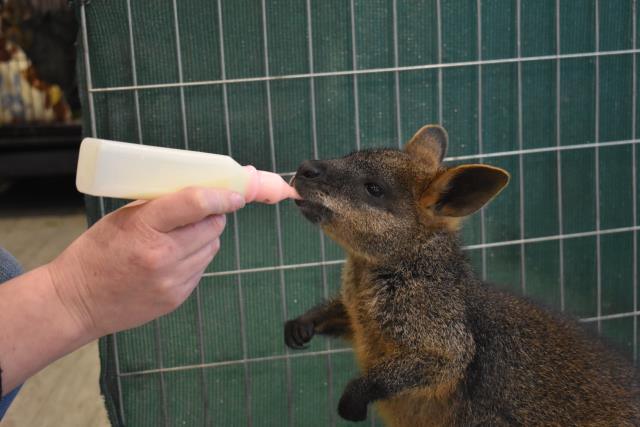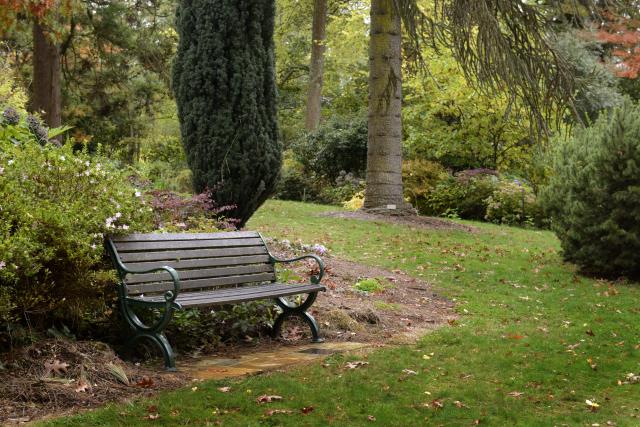Despite criticism of the State Government’s approach to the Wildlife Act Review, wildlife organisations and advocacy bodies were encouraged by stronger penalties and rescuer support.
Thirty of the 40 recommendations were supported, either fully or in-principle, with environment minister Steve Dimopoulos’ response announcing new offences for wildlife crime and $2.9 million to support wildlife carers, shelters and rescuers.
“We’re delivering stronger rules and better tools to catch out wildlife crimes and end cruel breeding operations,” he said.
“We’re backing our dedicated carers and rescuers with more support on the ground and a new wildlife hospital in regional Victoria.”
Reforms will increase maximum penalties for wildlife crime offences, require a fit and proper person test for individuals who want to own, breed, control, display or care for wildlife, and extend the statute of limitations for investigating wildlife crime and filing charges for offences against the Act.
The partnership between Crime Stoppers Victoria and the Conservation Regulator will be expanded to enable greater reporting of wildlife and forest crime, as well as the creation of an online form for submitting these crime reports 24/7.
“It is essential that the government has robust systems in place to address wildlife crime and hold offenders to account,” Wildlife Victoria chief executive officer Lisa Palma said.
“Stronger penalties for those who deliberately harm wildlife are long overdue, and we are pleased to see that this issue is now being taken seriously.”
Victoria will ban crocodiles as pets and update the licensing system for wildlife that is dangerous or has complex needs such as venomous snakes and monitor lizards, so they can only be held under tailored licences. There will also be limits on large-scale wildlife breeding to stamp out cruel breeding practices.
RSPCA Victoria’s head of prevention Rebecca Cook said these reforms were certainly welcomed.
“We are pleased to see the changes endorsed by the government will provide the Conservation Regulator with better enforcement and compliance tools to safeguard our native wildlife,” she said.
“In particular, we are pleased to see increases to maximum penalties and the introduction of new offences to the Act to deter offenders and ensure those who do offend receive appropriate penalties.
“We’re also happy to see the extension of the statute of limitations for investigating wildlife crime and the filing of charges for offences against the Act.”
Alongside $2 million to establish a wildlife hospital at the Kyabram, $350,000 was allocated for vet outreach and training for wildlife carers and shelters in regional and rural area; $300,000 for a Wildlife Rehabilitator Rebate Scheme to help carers cover the costs of treating sick and injured animals; $100,000 to bolster the number of wildlife rescuers responding to emergencies like fires and floods; and $100,000 to manage wombat mange.
“The introduction of a more risk-based approach to managing native animals is also encouraging. Wildlife carers across Victoria work tirelessly to ensure animals receive the highest standard of care, and it is vital that everyone involved in wildlife management upholds those same standards,” Ms Palma said.
“Ensuring that wildlife is not subject to unnecessary stress or kept in unsuitable conditions is crucial to improving welfare outcomes. We look forward to understanding in more detail how these new measures will operate in practice, particularly around compliance and supervision of enhanced regulations.”
While grateful for the reforms and the steps taken by the government, leading animal welfare and wildlife organisations said more needed to be done.
“The proposal includes some improvements that should be applauded, including a commitment to increase penalties for wildlife crime, but there is no evidence of the much larger reforms that are desperately needed to halt the decline of our wildlife populations,” Expert advisory panel member and Biodiversity Council co-chief councillor Yuin man Dr Jack Pascoe said.
This sentiment was echoed by Ms Palma.
“While this reform marks an important milestone, there remains scope for further improvements to ensure the legislation fully meets the needs of our wildlife,” she said.
“We would like to see further detail behind the changes and understand detailed implementation plan and look forward to continuing to engage with the government to strengthen protections across the state.”







